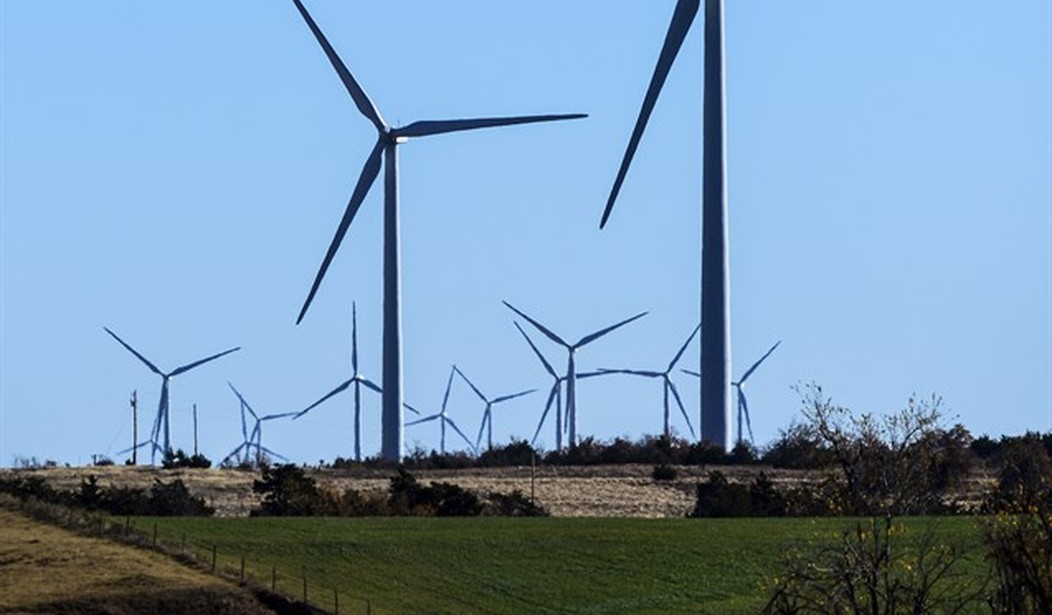The Biggest Climate Whopper Ever Told
We're used to climate-change advocates telling us we have to stop putting CO2 into the atmosphere NOW before it's too late. When will it be too late? When the climate warms more than 2.7 degrees above "pre-industrial levels" (about 1850). We're currently at about 1.7 degrees.
All current climate models operate under the assumption that even if we blow by the 2.7-degree increase, we're not really doomed because we can always slide back below that 2.7-degree end-of-the-world threshold. All we have to do is cut the amount of CO2 we put into the atmosphere.
It turns out that the climate doesn't listen very closely to climate models. In fact, the climate laughs in the modelers' faces.
Pathetic earthlings, meddling with powers we can't possibly understand, have been wrong all along. It doesn't matter if we cut CO2 emissions because even if the temperature goes down, the predicted effects of climate change won't end for centuries.
But a new study published Wednesday in the journal Nature shows that blowing past climate goals is more dangerous than it originally seemed. Even if temperatures come back down to 1.5 degrees C, the authors found, many climate impacts — like rising sea levels and thawing permafrost — will persist for centuries to millennia.
I guess it's back to the drawing board for the King Canute Caucus.
"Overshooting" climate goals was always a political construct and had nothing to do with science. It was a PR "out" for nations like China and India that want to keep pumping CO2 into the atmosphere as fast as they possibly can. while giving lip service to the Paris climate agreement.
Now, the veil has been lifted, and overshooting has been shown to be a fallacy. This puts Western industrialized nations in a bind. They were counting on delaying the moment of truth when they would be faced with forcing drastic, economically ruinous cuts in CO2 on businesses, which would result in deep, perhaps permanent, economic depressions.
They simply aren't going to come close to meeting their climate targets without forcing unbearable pain on their societies.
Last year, The Washington Post analyzed 1,200 pathways to 1.5 degrees C, and found that there were no pathways with “reasonable” assumptions about technological development that didn’t include some kind of overshoot.
But scientists have begun to warn that flying past our climate goals and then returning to them isn’t the same as meeting them in the first place.
In the new study, the authors warn that sea-level rise and melting permafrost may be irreversible for hundreds, if not thousands of years, even if temperatures later come back down. The extinction of species that could result from these massive planetary shifts, they added, are also not reversible.
Trying to understand the subtleties of a macro-system like the climate is beyond human comprehension. Pretending we can grasp its complexities is folly. And if we can't understand it, why force a massive change on our societies that would halt human progress, further impoverish the already impoverished, and cause far more deaths than would result from climate change?

No comments:
Post a Comment